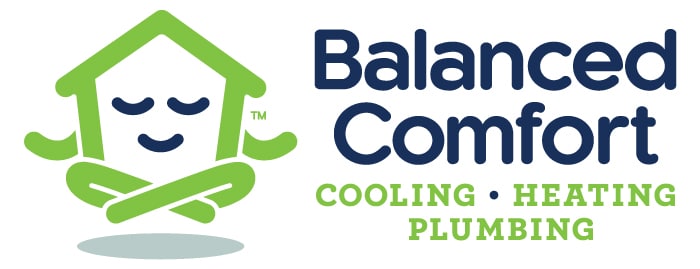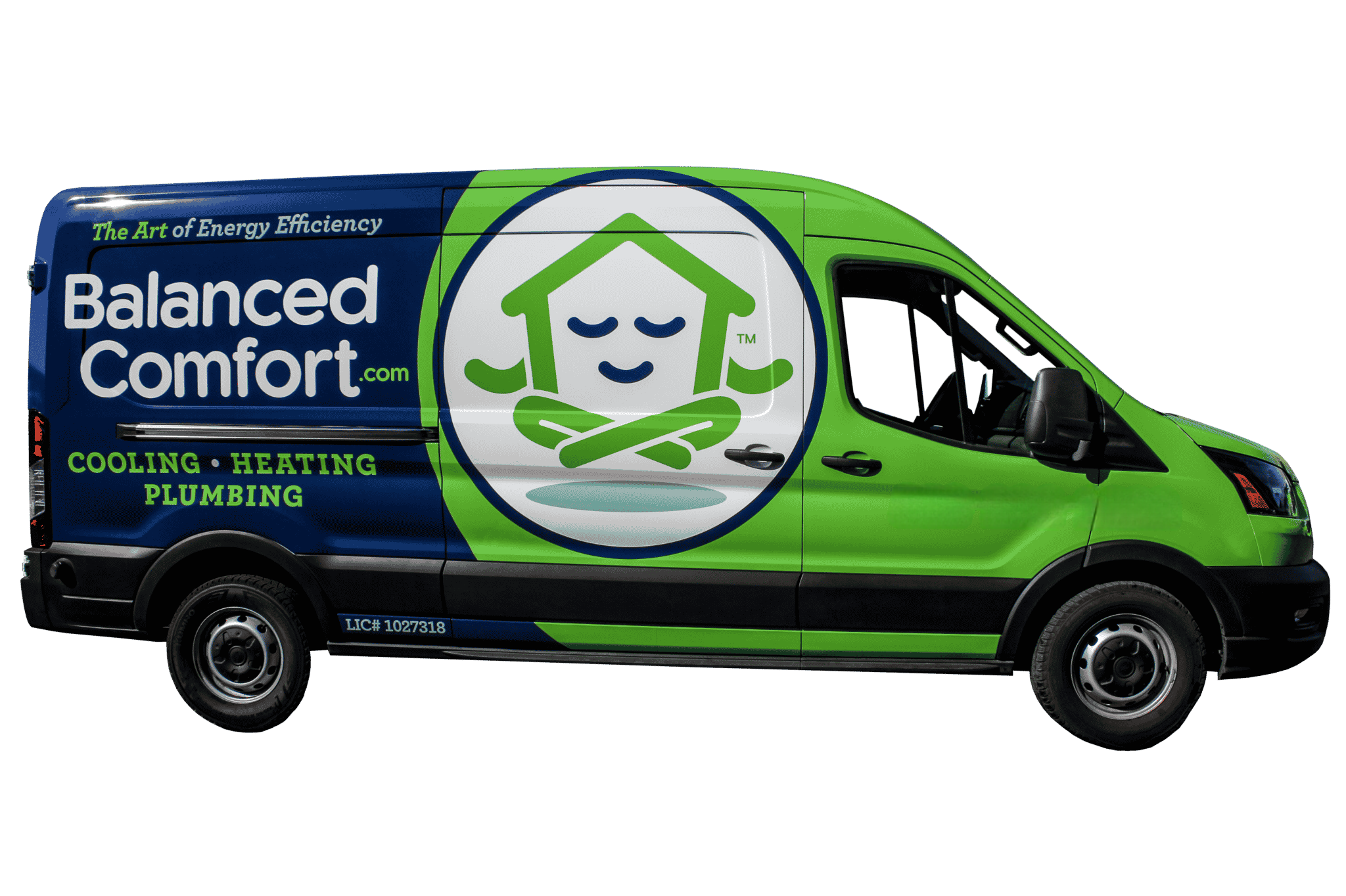Now, more than ever before, people are concerned about their air quality. Not only are we contending with pollution in the air, animal dander, pollen, dust and other irritants, the threat of virus spread through the air has people around the world rethinking the best ways to have clean air in their homes and businesses. One of the simplest solutions, and one that many already practice, is using HEPA air filters in their air conditioning units.
What Does HEPA Mean?
HEPA is an acronym for High Efficiency Particulate Air. HEPA Air filters trap 99.97 percent of air particles that are .3 microns. HEPA standards and manufacturing was established in 1983, although the use of these filters dates to World War II where HEPA filters were first created to capture particles of radioactive materials while the atomic bomb was being built.
How Do HEPA Filters Work?
HEPA filters are created using interlaced glass fibers. These fibers are twisted into a maze that traps particles as they travel through the web. Particles can be captured through direct impact, sieving, interception, or diffusion.
- Direct Impact- large sized contaminants collide with the fibers and stick to them.
- Sieving- Particles traveling on airstreams are trapped between two fibers.
- Interception- Particles can flow around the fibers but become stuck to the sides of fibers due to inertia.
- Diffusion- Ultra-small particles moving erratically hit and stick to the fibers.
Some people are concerned about other particulates, including smoke, chemicals and other contaminants that are less than .3 microns. While a HEPA filter cannot filter out these ultra-small particles, other components of your air conditioning filtration system, such as carbon filters, work together with the HEPA filter to remove toxins from the air.
Where Can HEPA Filters be Used?
HEPA filters were originally designed to be used in laboratories; however, they have made quite a commercial impact now and are available to use in your air conditioning system, cars, vacuums, and air purifiers, among others.
True HEPA vs. HEPA
You may have heard the words “true HEPA” mentioned by different manufacturers. While this is mostly just a marketing ploy, there is a difference in standards when comparing HEPA certification in the United States vs. Europe. The European standard for HEPA certified is a filter than captures 85% of .3 microns. The US mandates a 99.97% capture rate. For this reason, many people refer to American made HEPA filters as true HEPA.
If you are wondering what HEPA Filtration system would be best for you, call the professionals at Balanced Comfort Cooling & Heating!

